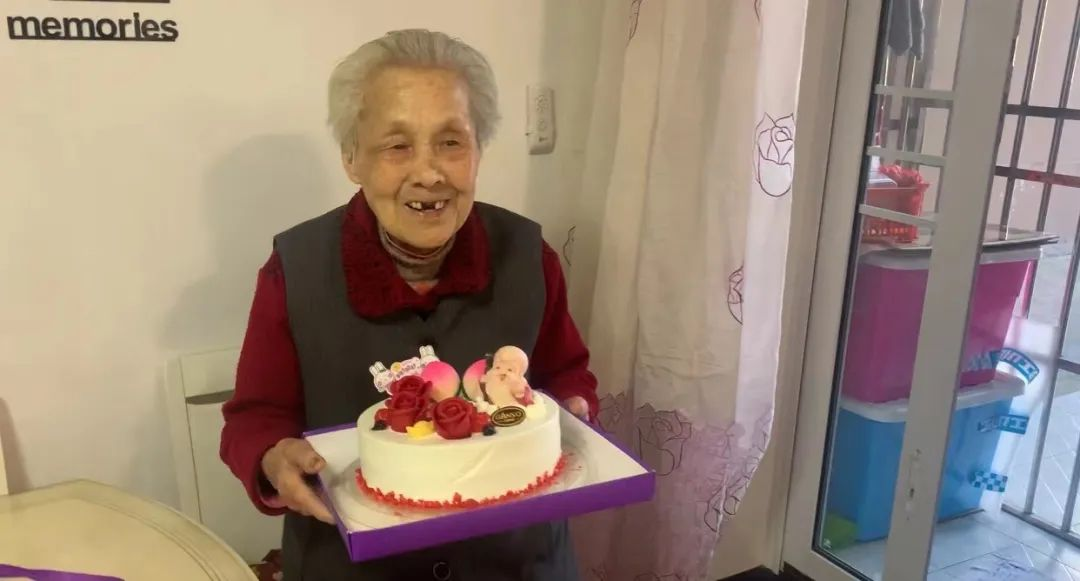Survivors of the Nanjing Massacre Yi Lanying and Tao Chengyi Passed Away
We are saddened to learn that Yi Lanying and Tao Chengyi, survivors of the Nanjing Massacre, passed away on February 15. Yi Lanying was born on May 4, 1926, and passed away at the age of 99. Tao Chengyi was born on May 24, 1936, and passed away at the age of 89.
Yi Lanying: A Nightmare That Never Faded
Testimony: My name is Yi Lanying. I was born on May 4, 1926. In 1937, during a Japanese air raid on Nanjing, a bomb fell near our ancestral home. Fortunately, my family took shelter in time and survived. To escape the ongoing bombings, we fled to a relative’s home in Tuqiao, Jiangning. We returned to the city once the air raids subsided.
To stay safe, our family hid in a refugee area in Wutiao Lane near Wutai Mountain in Nanjing. One day, several Japanese soldiers stormed into the area, looking for women. They pulled my sister-in-law out of the house. I was curled up in the corner of the bunk. My second older sister, just 14 years old at the time, was so terrified she wrapped herself in a quilt and hid beneath my feet. The room was dimly lit, so the Japanese soldiers didnot notice her, and she narrowly escaped. My sister-in-law was extremely thin and frail. In the outer room, there was a beautiful wife of a Nationalist officer who had also taken refuge there. The soldiers let go of my sister-in-law and dragged the officer’s wife away instead. Frightened, our family sent my second sister and sister-in-law to a refugee shelter at Ginling College, and I brought them food when I could.
To help support the family, I was asked to run a small stall outside our temporary shelter on Wutiao Lane, selling cigarettes, matches, and peanuts. One morning, a small group of Japanese soldiers arrived—an officer on horseback with a pistol, followed by five or six soldiers with rifles and bayonets. Near my stall was a breakfast vendor where a young man sat eating with his head down, not even daring to raise his head. Without a word, the Japanese soldiers grabbed him, dragged him across the street, and stabbed him to death with their bayonets.
Before I could react, the officer approached me. I did not understand what he was saying and stood frozen. He slapped me several times—so hard that one of my teeth was knocked out. My mouth filled with blood, and my ears rang. The officer then pulled out a cigarette and made a gesture. I quickly handed him a match, so that I would not be beaten again.
Around noon, more Japanese soldiers arrived and began searching each house. They dragged out any young or middle-aged men they found, tying them together in pairs. Around 70 or 80 people were taken. They were marched toward Ginling College. Shortly after, we heard a burst of machine-gun fire.
We later learned they were executed near a pond. The following spring, I saw people retrieving bones from the water with my own eyes.
The experience left the young Yi Lanying deeply traumatized—mentally and physically. For decades, it haunted her like a nightmare. She developed panic attacks, palpitations, and constant ringing in her ears. She hopesfuture generations will never forget the innocent lives that were lost.

In 2022, our staff celebrated her birthday
Tao Chengyi: The War Destroyed My Childhood
Testimony: My name is Tao Chengyi and I was born on May 24, 1936. My father, Tao Shidong, was born in 1908 and worked as a laborer at a duck shop in Xiaguan.When the Japanese army invaded Nanjing, my father was captured by the Japanese army in the refugee areaon Huaqiao Road and was killed outside Hanzhong Gate at the age of 29.
At the same time, my maternal uncle Jiang Jinrong and my cousin Jiang Jiazhi—who was a traditional Chinese medicine doctor—were also captured and killed.An elderly neighbor across the street, Yang Xiuying, knew what had happened. I also had another cousin surnamed Duan, Yang Xiuying’s brother-in-law, who managed to escape by climbing over the wall into the U.S. Embassy.
After Tao Chengyi's father was killed by the Japanese army, the family lost its main support. His mother had to raise us on her own, scraping by through small trades and odd jobs. Tao Chengyi said the war destroyed his childhood. In his later years, Tao Chengyi often reminded his descendants:"In the past, we were weak and oppressed. Now that our country is finally strong, we must never become complacent."

